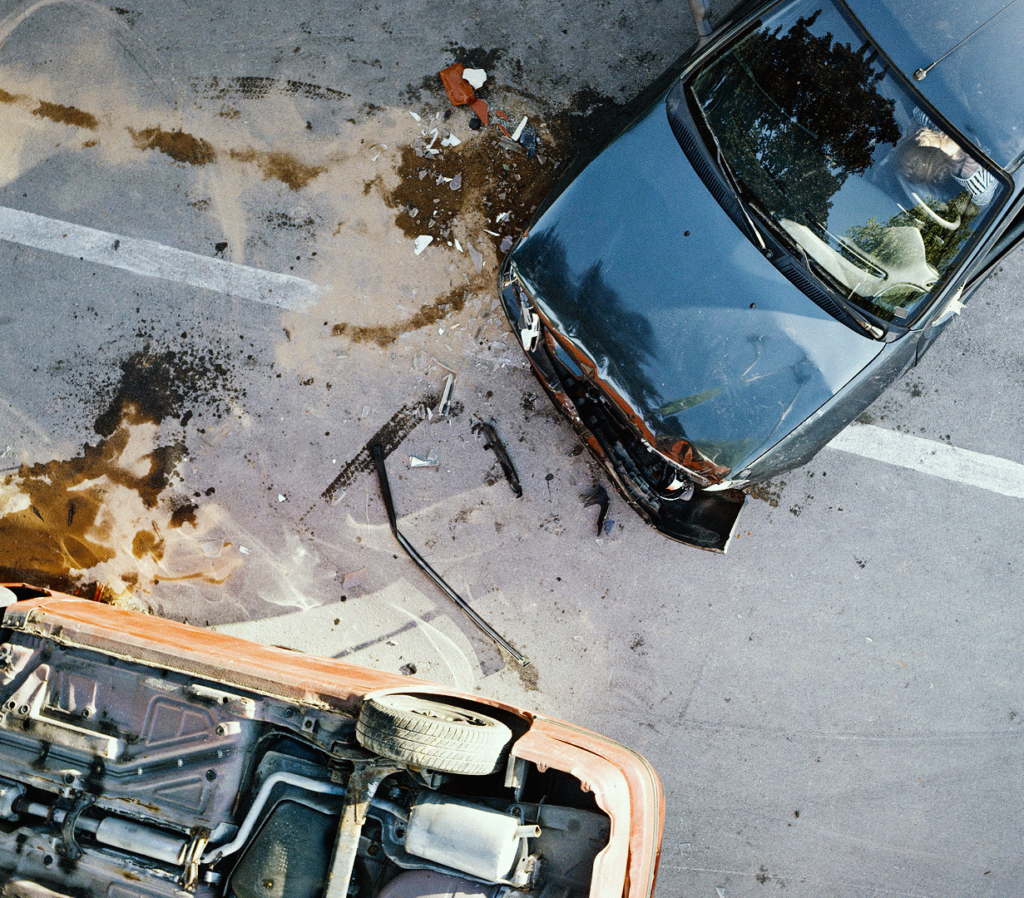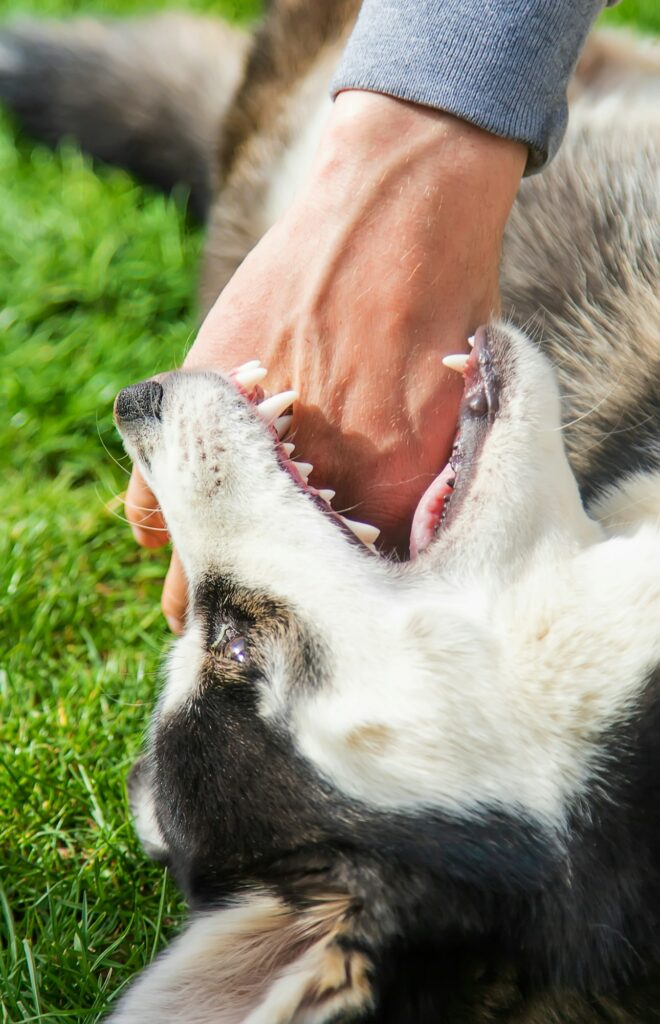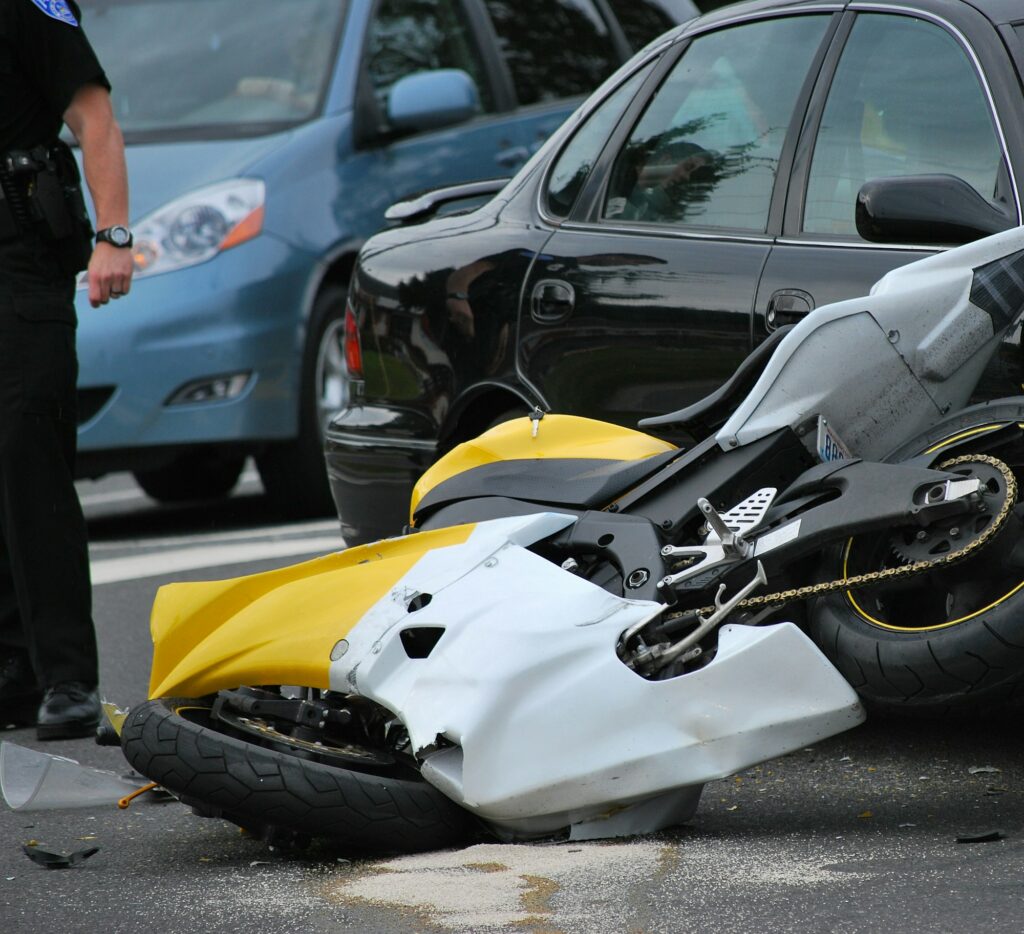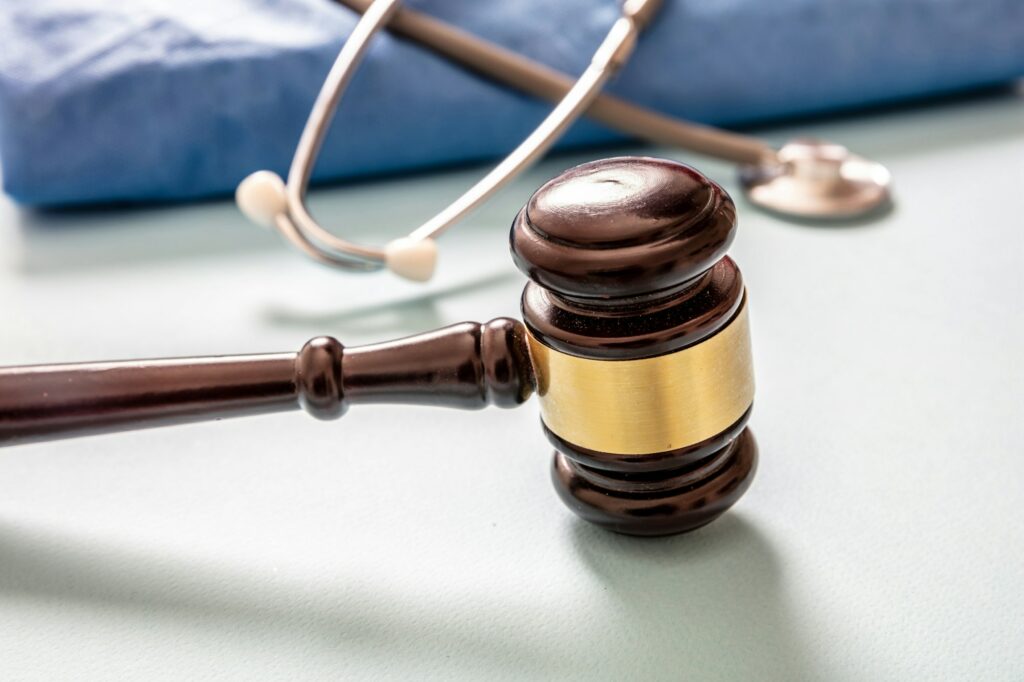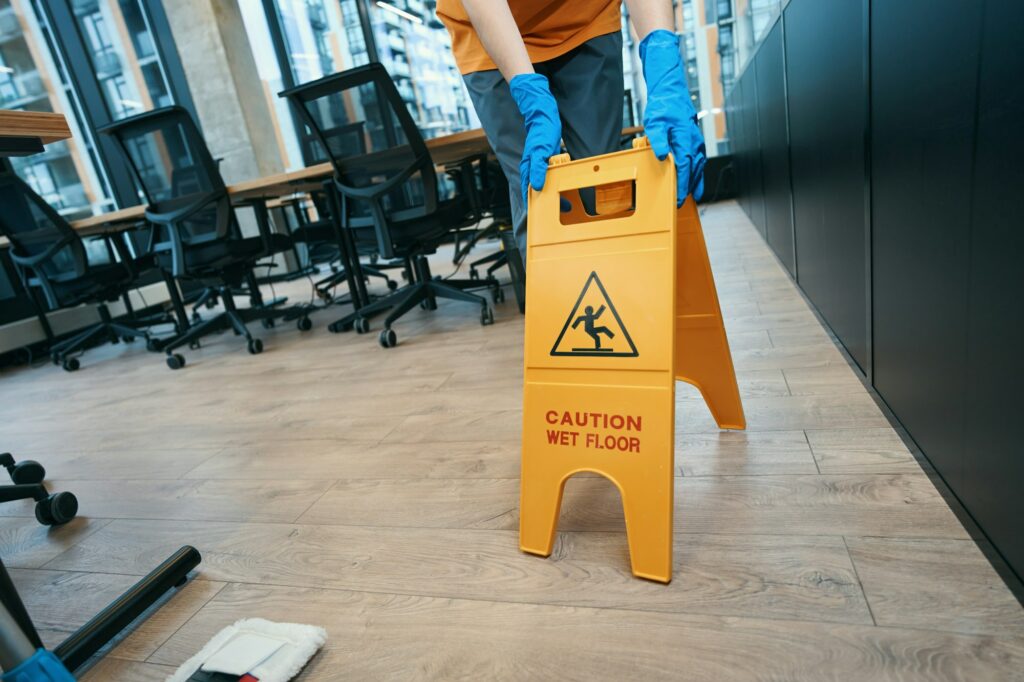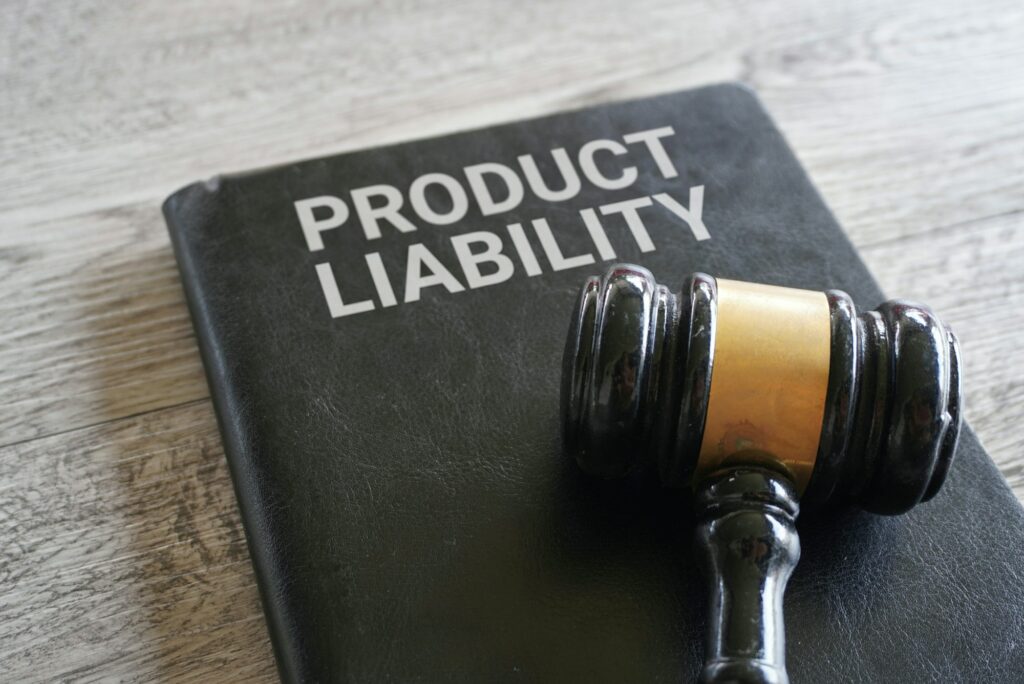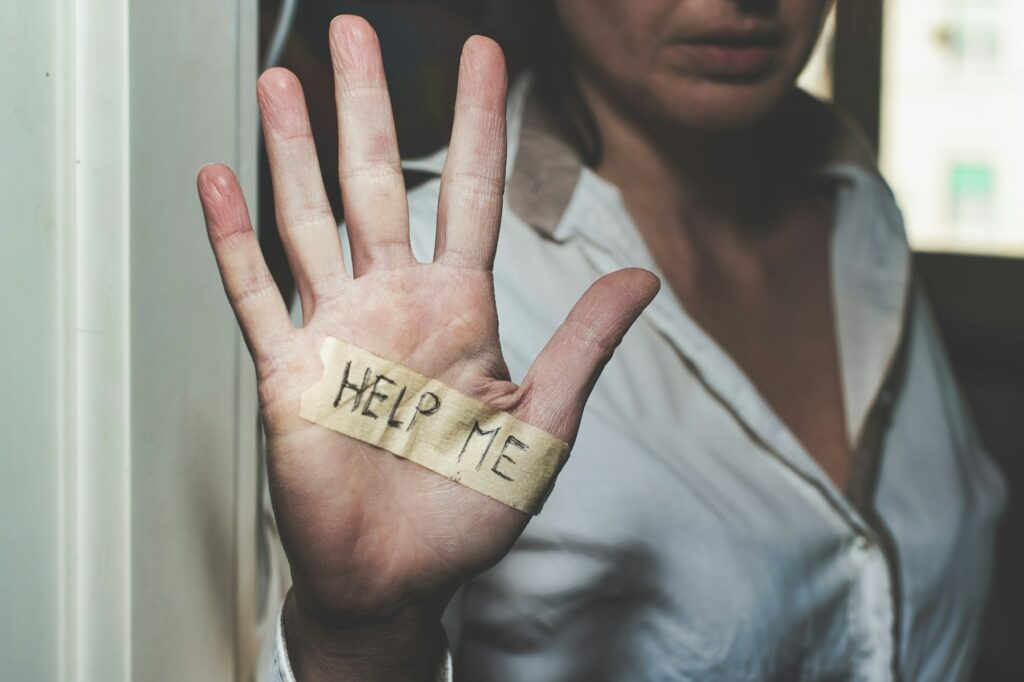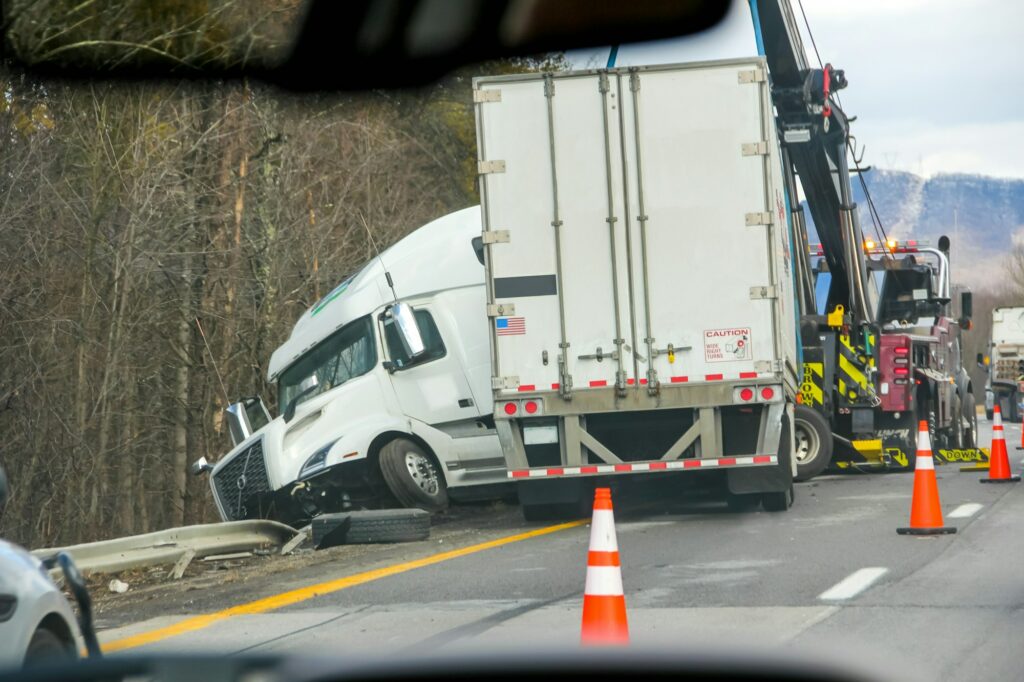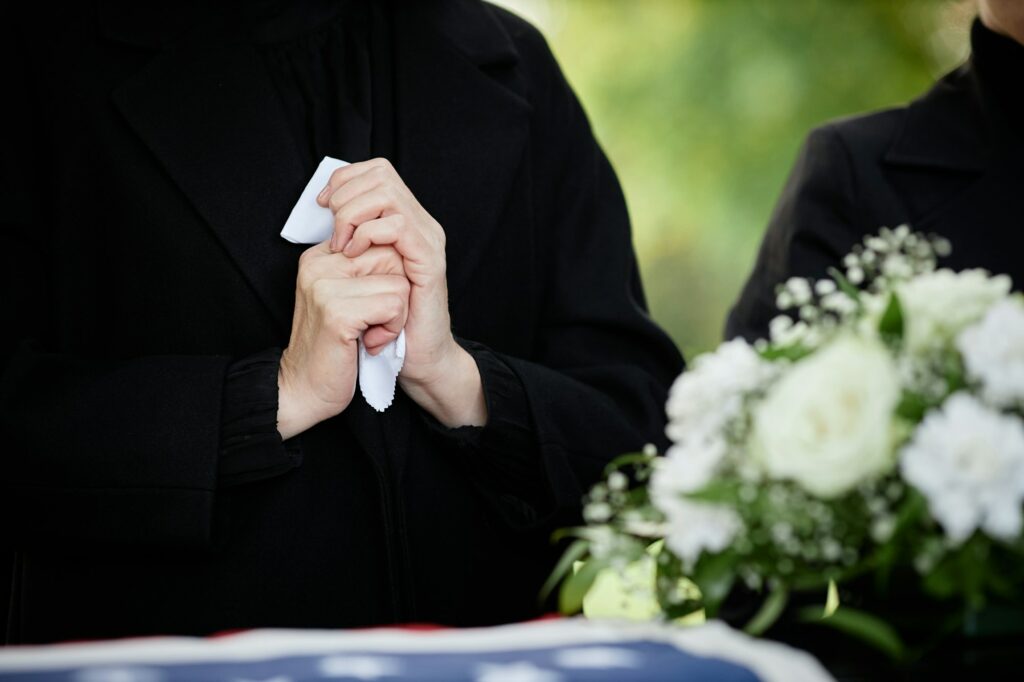SUITE #222
NV 89113
Practice Areas
Our experience and expertise in personal injury law allow us to provide comprehensive guidance and representation across a wide range of practice areas.
We are dedicated to staying at the forefront of legal developments and leveraging our in-depth knowledge to achieve the best possible outcomes for our clients.
Settlements & Verdicts
As a personal injury victim, you are looking for results – you want to be made whole again, to receive proper medical care, and to be financially compensated for your losses.
Whether you’ve been injured in a car accident, slip and fall, or suffered any other injuries, we are here to provide you with the personalized attention and expert representation you deserve. Our mission is to alleviate your burden, empower you with knowledge, and secure the compensation you need to move forward with your life.
ASKED QUESTIONS
Frequently
Asked Questions
We believe in keeping our clients fully informed throughout every stage of the legal process, empowering them to make well-informed decisions about their cases.
Recently Asked Topics
Product liability refers to the legal responsibility borne by manufacturers, distributors, wholesalers, or retailers for any injuries or damages caused by their products. This can include physical injuries, lost wages, property damage, pain and suffering, and other types of loss resulting from a defective product.
There are typically three types of defects considered in product liability cases: design defects (flaws in the product’s design making it inherently dangerous), manufacturing defects (errors occurring during the manufacturing process making the product unsafe), and marketing defects (failure to provide adequate warnings or instructions regarding the product’s use).
Liability can extend to any party within the product’s distribution chain, including the product manufacturer, a manufacturer of component parts, a party that assembles or installs the product, the distributor, the wholesaler, and the retail store that sold the product to the consumer.
Product liability claims are typically based on three legal theories: negligence, strict liability, and breach of warranty. The applicable theory depends on the specifics of the case and the jurisdiction’s laws.
Under strict liability, the plaintiff does not need to prove that the manufacturer or seller was negligent. It is enough to show that the product was defective, the defect made the product unreasonably dangerous, and the defect caused injury or damage. In negligence cases, the plaintiff must prove that the defendant failed to exercise reasonable care.
The statute of limitations for a product liability claim is two (2) years with limited exceptions, including the discovery rule and tolling. It’s crucial to consult with an attorney to determine whether your claim falls within the statute of limitations, and if not, whether one of the limited exceptions applies.
Yes, product liability claims can be filed for used products. However, proving a claim might be more challenging, as it may be harder to trace the product’s distribution chain or demonstrate that the product was not altered or misused after its initial sale.
Damages in a product liability case can include medical expenses, lost wages, pain and suffering, property damage, and, in some cases, punitive damages intended to punish the defendant for particularly reckless or egregious behavior.
Yes, defendants in product liability cases may have several defenses, including arguing that the plaintiff misused the product in a way that was unforeseeable, that the plaintiff’s own negligence contributed to their injury, or that the product was altered after it left the manufacturer’s control.
While it’s not legally required, navigating a product liability claim can be complex, involving intricate legal theories and significant evidence gathering. Consulting with an experienced product liability attorney like Miller Personal Injury Attorneys can help ensure that your rights are protected and maximize your chances of a successful outcome.
Always consult a healthcare professional if the bite is deep, bleeding doesn’t stop with direct pressure, shows signs of infection (redness, swelling, warmth), if you haven’t had a tetanus shot in the last 5 years, or if the dog’s vaccination status is unknown.
While some breeds have a reputation for being more aggressive, any dog can bite under certain circumstances. It’s more about the individual dog’s history, behavior, and the situation rather than the breed.
Dog bite laws vary by location, but you may be able to file a personal injury claim against the dog’s owner. It’s advisable to consult with an attorney experienced in dog bite cases to understand your rights and options.
The ‘One-Bite Rule’ is a legal principle in some jurisdictions that a dog owner is liable for injuries caused by their dog if they knew or should have known the dog had the propensity to bite. This typically means the dog has bitten before or shown aggressive behavior.
Victims of dog bites can often receive compensation for medical expenses, lost wages, pain and suffering, and more. The amount and type of compensation depend on the specifics of the case and local laws.
Sexual abuse in Nevada encompasses a range of unwanted sexual behaviors that are imposed on an individual without their consent. This can include, but is not limited to, sexual assault, rape, grooming, molestation, and exploitation.
Both individuals and entities can be held accountable for sexual abuse in Nevada. This includes the perpetrator directly involved in the abuse, as well as organizations or institutions that may have negligently allowed the abuse to occur or failed to take appropriate action to prevent it.
Nevada has specific statutes of limitations for sexual abuse cases, which can vary depending on the nature of the abuse, the age of the survivor, and when the abuse was discovered. It’s important to consult with our firm to understand how these limitations may apply to your case.
Proving sexual abuse can involve gathering various forms of evidence, such as medical records, eyewitness accounts, therapy records, and, in some cases, forensic evidence. An experienced attorney like Miller Personal Injury Attorneys can help survivors navigate this process.
Yes, conversations with an attorney are protected by attorney-client privilege, meaning they are confidential and cannot be disclosed without your permission.
Yes, rideshare companies like Uber and Lyft provide insurance coverage for accidents involving their drivers. Coverage varies depending on the driver’s status at the time of the accident (e.g., waiting for a ride request, en route to pick up a passenger, or during a trip).
Potentially, yes. If you’re injured in a rideshare accident due to someone else’s negligence, you may have grounds for a lawsuit. Consulting with a personal injury attorney experienced in rideshare accidents can help you understand your legal options.
Fault is determined by examining evidence such as police reports, witness statements, and possibly surveillance footage. Nevada’s comparative negligence laws may also play a role, where fault can be shared among parties based on their percentage of responsibility.
Yes, Las Vegas and the state of Nevada enforce strict laws regarding the use of electronic devices while driving. It is illegal for drivers to use handheld cell phones or other electronic devices for texting, calling, or browsing the internet while driving, to reduce distractions and enhance road safety.
Compensation can include medical expenses, lost wages, pain and suffering, and more. The exact compensation depends on the specifics of the case, such as the severity of injuries and the circumstances of the accident.
Victims of personal injury cases may be entitled to compensation for medical expenses, lost wages, pain and suffering, emotional distress, and other damages.
In Nevada, the statute of limitations for personal injury lawsuits is two years from the date of the injury. It’s essential to take legal action promptly to protect your rights.
Nevada follows a comparative negligence system, allowing injured parties to pursue compensation even if they were partially at fault for the accident. However, your recovery may be reduced proportionally to your degree of fault.
At Miller Personal Injury Attorneys, we operate on a contingency fee basis, meaning you only pay legal fees if we successfully recover compensation on your behalf. There are no upfront costs or fees.
If the insurance company denies your claim or offers a low settlement, we can negotiate with them on your behalf or pursue litigation to seek fair compensation.
Victims may be entitled to compensation for medical expenses, lost wages, property damage, pain and suffering, disability benefits, and punitive damages in cases of gross negligence or misconduct.
Nevada imposes a two-year statute of limitations for personal injury claims, emphasizing the importance of consulting with a personal injury attorney and initiating legal action promptly.
Nevada follows a comparative negligence system, allowing recovery even if partially at fault, with proportional reduction of recovery.
Our office can conduct a thorough investigation, gather evidence, and hire experts to establish fault and hold negligent parties accountable.
Our firm operates on a contingency fee basis, meaning you only pay legal fees if we secure a successful outcome for your case. There are no upfront costs, ensuring access to quality representation regardless of your financial situation.
The duration of a truck accident case can vary depending on factors such as the complexity of the case, the willingness of the parties to negotiate, and court scheduling. We can provide a more accurate timeline based on the specifics of your individual case.
Contact our Las Vegas Truck Accident Attorneys at Miller Personal Injury Attorneys
If you’ve suffered a truck accident in Las Vegas, remember you’re not alone. At Miller Personal Injury Attorneys, we’re committed to advocating for your rights and pursuing justice on your behalf. We are dedicated to providing compassionate support and aggressive representation throughout the legal process. Contact us today for a free consultation and let us help you navigate this challenging time with confidence and dignity. With Miller Personal Injury Attorneys by your side, you can rest assured that your case is in capable hands, and we’ll fight tirelessly to secure the compensation you deserve.
Premises liability refers to the legal principle that holds property owners and occupiers responsible for accidents and injuries that occur on their property. This concept is based on the notion that those who own or control a property must ensure it is reasonably safe for those who enter it, whether they are visitors, customers, or even trespassers in certain situations. When they fail to meet this responsibility, and someone is injured as a result, the injured party may have the right to seek compensation for their damages.
Yes, Nevada adheres to the principle of modified comparative negligence in premises liability cases. This means that if you are injured on someone else’s property, the court will determine the degree of fault attributable to both you and the property owner. Your compensation will be reduced by your percentage of fault, provided that your fault is less than 50%. If your fault equals or exceeds 50%, you will be ineligible to recover damages under Nevada law.
Under Nevada law, property owners and occupiers are individuals or entities that possess or control a property. This can include homeowners, tenants, landlords, and businesses that occupy buildings. The law distinguishes between different types of occupiers, such as tenants versus landlords, based on who has control over the premises where the injury occurred.
In Nevada, the duty of care owed to invitees — people who enter a property for business purposes or public invitees who enter premises open to the public — is relatively high. Property owners and occupiers must ensure their property is reasonably safe and must warn invitees of any non-obvious dangers that the owner or occupier is aware of, or should be aware of, through reasonable inspection. This duty encompasses regular inspections of the property, repairing known hazards, and providing adequate warnings about potential dangers.
In Nevada, damages in a premises liability case are calculated based on several factors, including the nature and severity of your injuries, the impact on your quality of life, and any financial losses you’ve incurred as a result of the injury. Damages can include medical expenses, lost wages, pain and suffering, and loss of enjoyment of life. In some cases, punitive damages may also be awarded if the defendant’s conduct was particularly egregious. An experienced attorney can help you accurately assess your damages and ensure you seek the full compensation you’re entitled to.
While trespassers generally have fewer protections under Nevada premises liability law, there are exceptions where a trespasser can file a claim for injuries sustained on someone else’s property. Property owners may still be liable if they willfully or deliberately cause harm to a trespasser, or if the trespasser is a child injured by an attractive nuisance, such as an unsecured swimming pool. Each case is unique, so it’s important to consult with an attorney to understand your rights and potential legal options, even if you were trespassing at the time of the injury.
We believe that everyone deserves access to top-quality legal representation, regardless of their financial situation. That’s why we operate on a contingency fee basis. This means you won’t pay any upfront fees or hourly rates. Our compensation is contingent upon securing a favorable settlement or verdict for you. In other words, we only get paid if you do, aligning our interests with yours and ensuring we’re fully committed to your case.
No, Nevada is not a no-fault state for car accidents. Instead, Nevada follows a “fault” or “at-fault” system when it comes to dealing with car accidents. This means that the person who is found to be legally at fault for causing the accident is responsible for compensating any injured parties for their damages, which can include medical expenses, lost wages, and pain and suffering. Under this system, the injured party has the option to file a claim with their own insurance company, file a claim directly with the at-fault driver’s insurance company, or file a lawsuit in court to seek compensation for their losses.
Nevada has a statute of limitations under Nevada Revised Statutes 484E.10 that says you must file an SR-1 Report of Traffic Accident within ten days of a car accident. You must make the report if anyone is hurt or killed in the crash or if there is apparent damage of $750 or more. But if the police respond to the accident scene and make their own report, you don’t have to file a police report.
Car accidents can result in a wide range of injuries:
- Spinal cord injuries (paralysis, nerve damage)
- Broken ribs
- Other broken bones (arms, legs, pelvis, etc.)
- Internal bleeding
- Herniated disc
- Post-traumatic stress disorder (PTSD)
- Knee trauma (ligament tears, dislocation)
- Soft tissue injuries (sprains, strains)
- Chest trauma (bruising, organ damage)
- Facial injuries (fractures, lacerations)
- Dental injuries (broken teeth, jaw fractures)
- Emotional trauma (anxiety, depression)
- Amputation or loss of limb
- Seat belt injuries (bruising, internal injuries)
- Airbag injuries (abrasions, burns)
- Eye injuries (corneal abrasions, retinal detachment)
- Possible wrongful death
- Hand & Foot Injuries
Filing a police report in Las Vegas, especially in the aftermath of a car accident or any other incident, is an essential step for ensuring proper legal documentation and facilitating any subsequent insurance claims. Our team can assist you in obtaining this report and using it to strengthen your claim. Here’s a guide on how to file a police report in Las Vegas:
At the Scene of the Incident:
If you’re involved in a car accident, it’s important to call 911 immediately if there are any injuries or significant property damage. The dispatcher will send police officers to the scene if necessary.
For minor accidents without injuries, Nevada law requires you to move your vehicle out of traffic if it’s safe to do so. You should still call the police to report the accident and determine if an officer will be dispatched to the scene.
Information to Provide:
When speaking with the police, either at the scene or when filing a report later, be prepared to provide your full name, contact information, insurance details, and a factual account of what happened. Avoid admitting fault or speculating about the cause of the incident.
Filing a Report After Leaving the Scene:
If the police did not respond to the scene and you need to file a report afterward, you can do so online or in person at a local police station.
For non-emergency situations, such as minor car accidents without injuries, you can use the Las Vegas Metropolitan Police Department’s (LVMPD) online reporting system. This can be accessed through the LVMPD’s official website. The online system will guide you through the process, which is straightforward and user-friendly.
If the incident is more serious, involves injuries, or you prefer to file the report in person, you can visit a local LVMPD area command during business hours. It’s a good idea to call ahead to verify hours and any specific requirements.
What to Include in Your Report:
Your report should include detailed information about the incident, including the date, time, location, a description of what happened, and any injuries or damages incurred. Include information about the other party (if applicable) and any witness details.
Obtaining a Copy of the Report:
After filing the report, ask the officer or the police department how and when you can obtain a copy of the report for your records. This will be important for insurance claims and any legal proceedings.
In Nevada, if you’re injured due to someone else’s negligence, you may be entitled to various types of compensation, similar to other jurisdictions but with some nuances specific to Nevada law. Understanding these nuances can help ensure you’re fully aware of your rights and the compensation you might pursue. Here’s an overview:
Medical Expenses: Nevada allows for the recovery of all medical expenses related to the injury. This includes immediate medical costs like emergency care, surgeries, and hospital stays, as well as ongoing expenses such as physical therapy, medication, and any future medical treatments.
Lost Wages: If your injuries prevent you from working, you can claim compensation for the wages you’ve lost during your recovery period. If your ability to earn money in the future is compromised, Nevada law also allows for the recovery of lost earning capacity.
Loss of Household Services: Loss of household services are a frequent element of damages in a personal injury case. If an injured person cannot perform household services for him- or herself, the injured person may have to hire someone to perform these tasks either on a temporary or perhaps even a permanent basis, especially if the injured person lives alone.
Pain and Suffering: This non-economic compensation is for the physical pain and emotional distress you’ve experienced. Nevada does not cap pain and suffering damages in most personal injury cases, except in medical malpractice claims, where non-economic damages are capped at $350,000.
Property Damage: If personal property was damaged as a result of the incident that led to your injuries, you could be compensated for repair or replacement costs, which is common in car accident cases.
Loss of Enjoyment of Life: If your injuries prevent you from enjoying hobbies, recreational activities, and other life pleasures, you can claim compensation for this loss.
Loss of Consortium: Spouses of injured individuals can claim compensation for the loss of companionship, affection, assistance, and other aspects of the marital relationship affected by the injuries.
Punitive Damages: In cases where the defendant’s actions were particularly reckless, malicious, or egregious, Nevada allows for punitive damages to punish the wrongdoer and deter similar conduct. There are statutory caps on punitive damages in Nevada, $750,000 with annual steps of $80,000 per year starting on January 1, 2024. After the cap reaches $750,000, the cap increases by 2.1% on January 1st of each year thereafter.
Let’s Talk

